Explore a variety of images showcasing the beauty of Odesa. Discover the charm of this Ukrainian city through stunning visuals.
#mountains25853 #colorful35503 #bird12069 #night11870 #animal22242 #fire8680 #flower18126 #greenery15933 More...
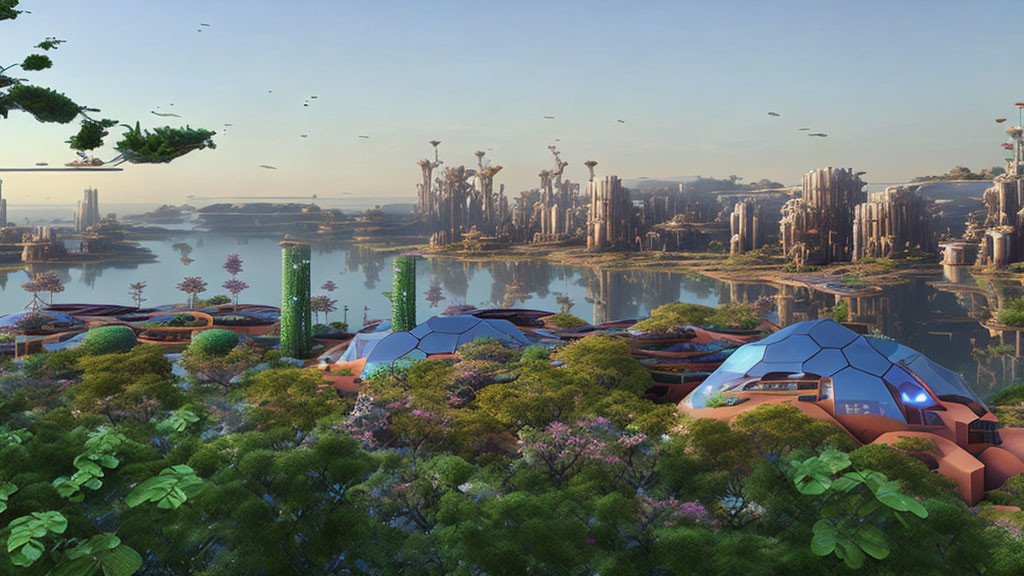
Ukraine, Kotsiubiiv, Sea Port
Model: Artistic
Size: 1024 X 576 (0.59 MP)
Used settings:
Would you like to report this Dream as inappropriate?
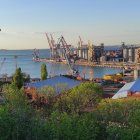 126w
126w
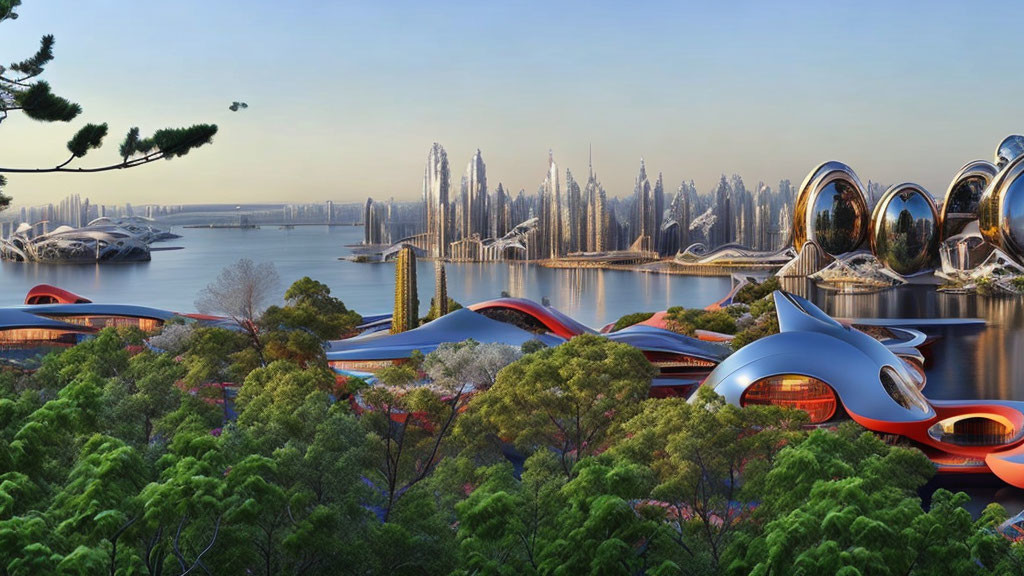
Ukraine, Kotsiubiiv, Sea Port
Model: Artistic
Size: 1024 X 576 (0.59 MP)
Used settings:
Would you like to report this Dream as inappropriate?
 126w
126w
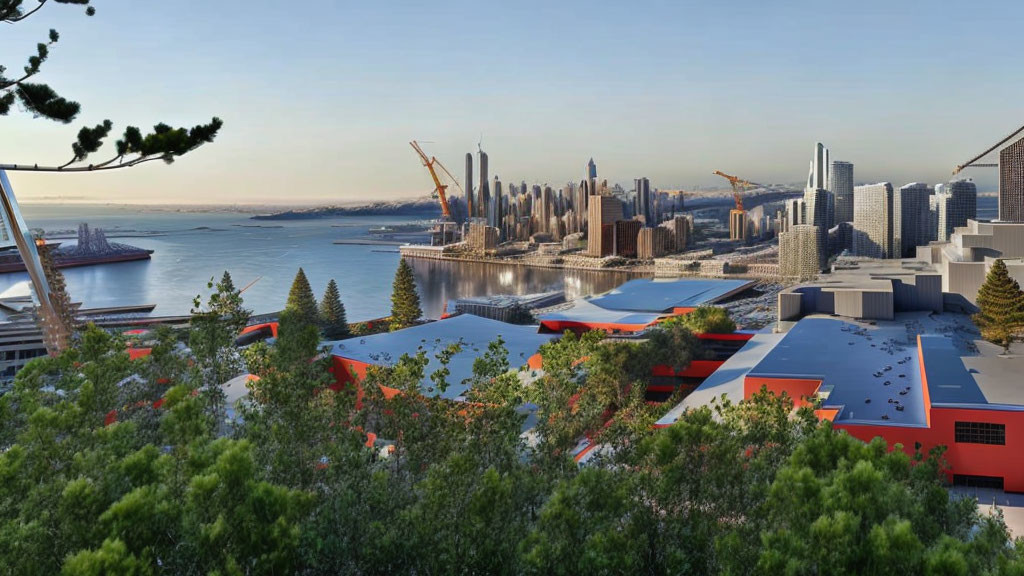
Ukraine, Kotsiubiiv, Sea Port
Model: Artistic
Size: 1024 X 576 (0.59 MP)
Used settings:
Would you like to report this Dream as inappropriate?
 126w
126w
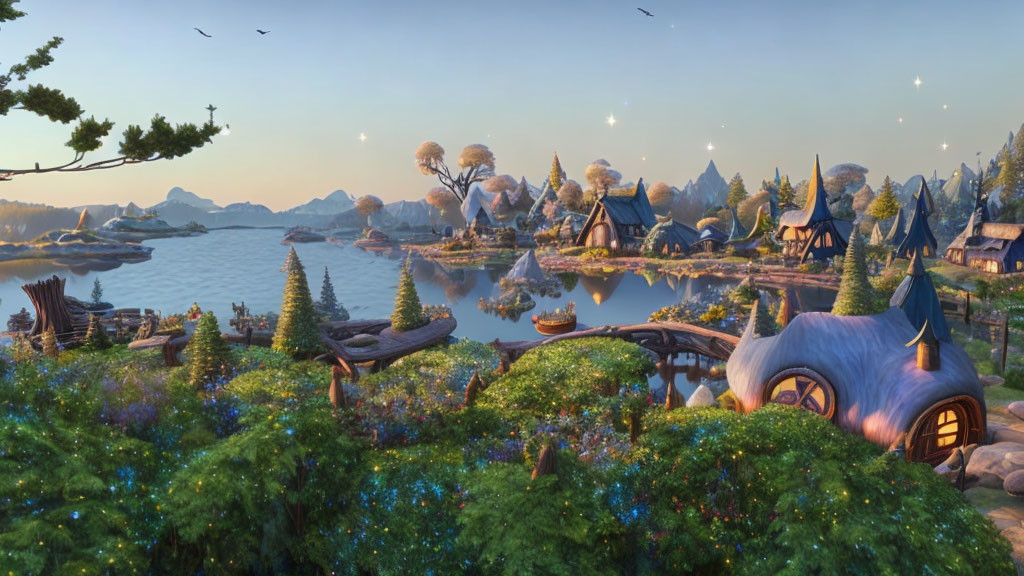
Ukraine, Kotsiubiiv, Sea Port
Model: Artistic
Size: 1024 X 576 (0.59 MP)
Used settings:
Would you like to report this Dream as inappropriate?
 126w
126w

Ukraine, Kotsiubiiv, Sea Port
Model: Artistic
Size: 1024 X 576 (0.59 MP)
Used settings:
Would you like to report this Dream as inappropriate?
 126w
126w
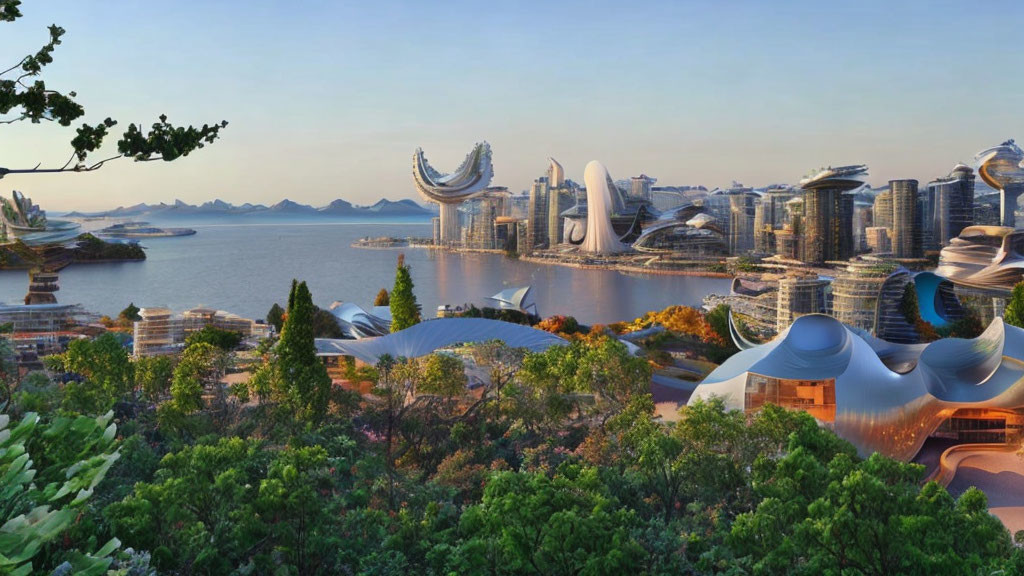
Ukraine, Kotsiubiiv, Sea Port
Model: Artistic
Size: 1024 X 576 (0.59 MP)
Used settings:
Would you like to report this Dream as inappropriate?
 126w
126w
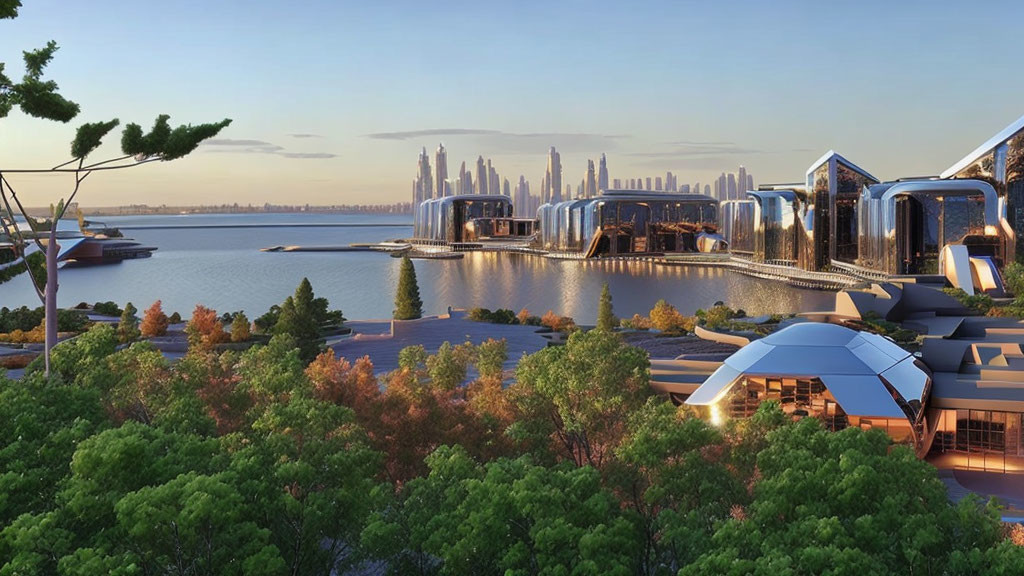
Ukraine, Kotsiubiiv, Sea Port
Model: Artistic
Size: 1024 X 576 (0.59 MP)
Used settings:
Would you like to report this Dream as inappropriate?
 126w
126w
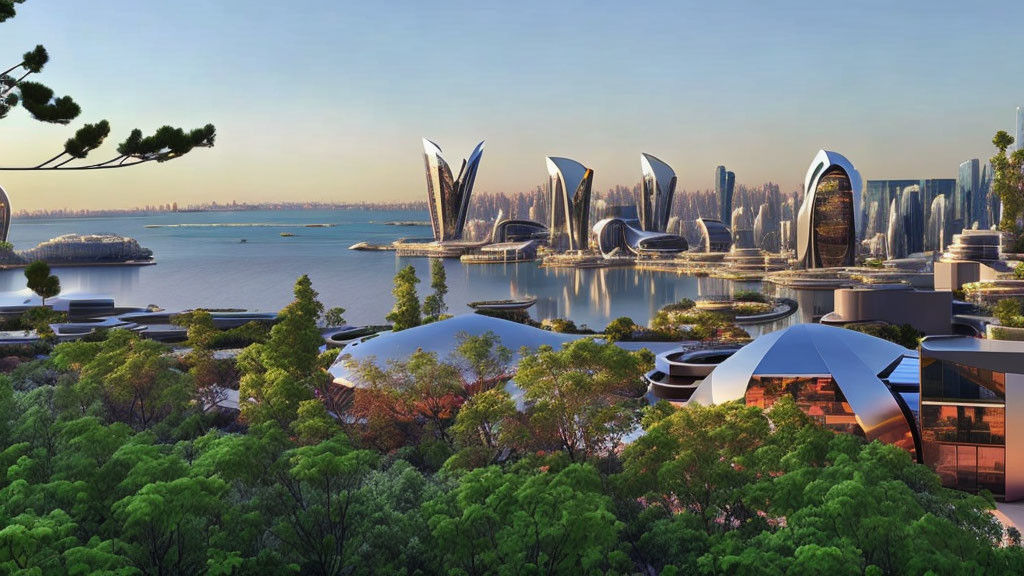
Ukraine, Kotsiubiiv, Sea Port
Model: Artistic
Size: 1024 X 576 (0.59 MP)
Used settings:
Would you like to report this Dream as inappropriate?
 126w
126w
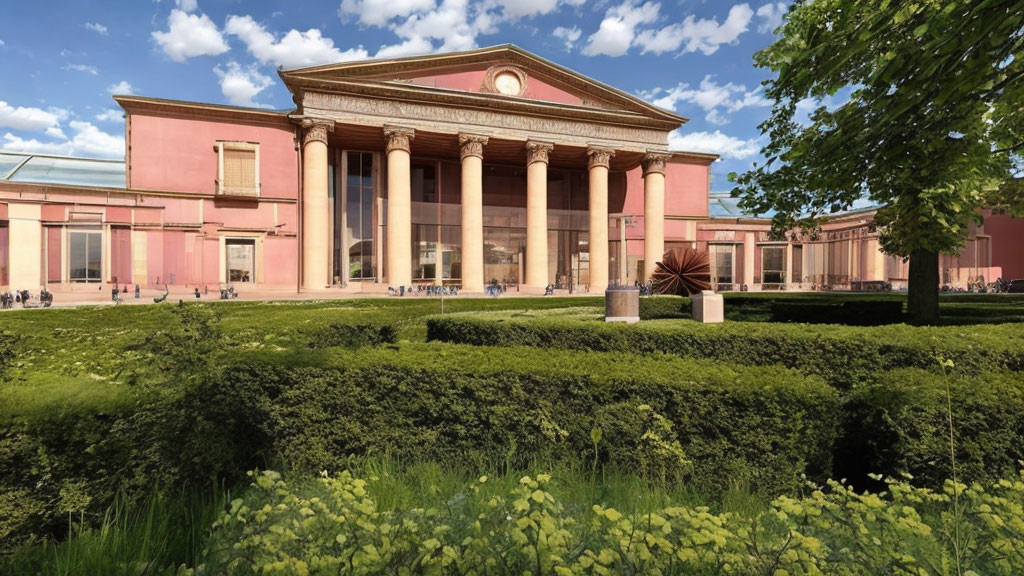
Ukraine, Kotsiubiiv, Fine Arts Museum
Model: Artistic
Size: 1024 X 576 (0.59 MP)
Used settings:
Would you like to report this Dream as inappropriate?
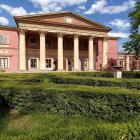 126w
126w
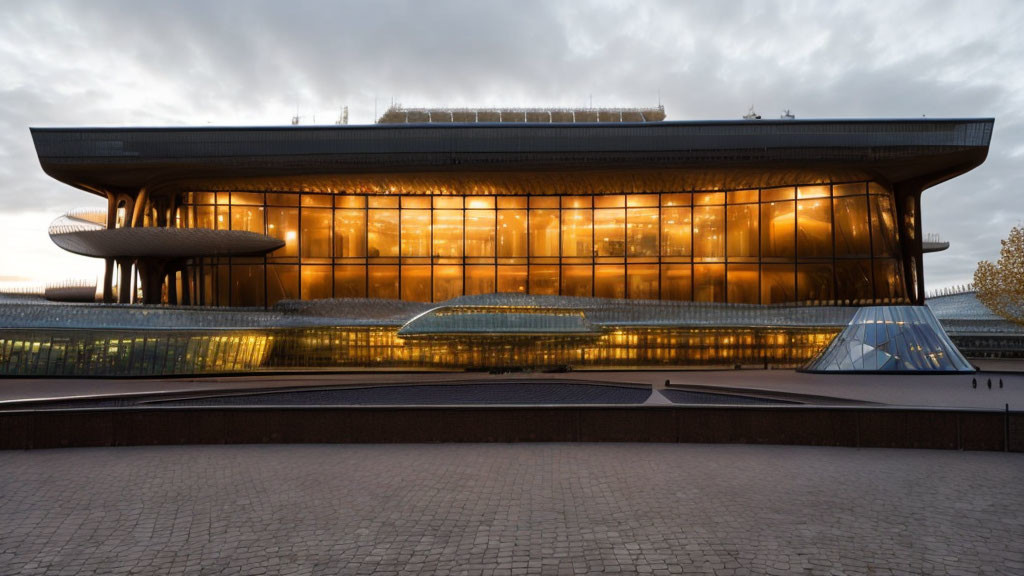
Ukraine, Kotsiubiiv, Theatre of Musical Comedy
Model: Artistic
Size: 1024 X 576 (0.59 MP)
Used settings:
Would you like to report this Dream as inappropriate?
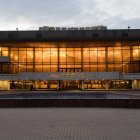 126w
126w
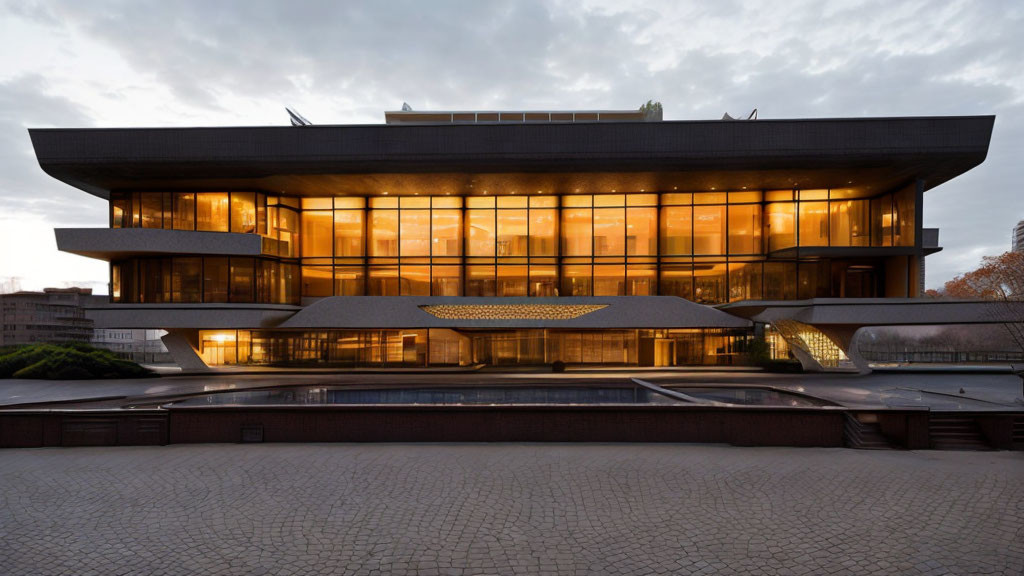
Ukraine, Kotsiubiiv, Theatre of Musical Comedy
Model: Artistic
Size: 1024 X 576 (0.59 MP)
Used settings:
Would you like to report this Dream as inappropriate?
 126w
126w
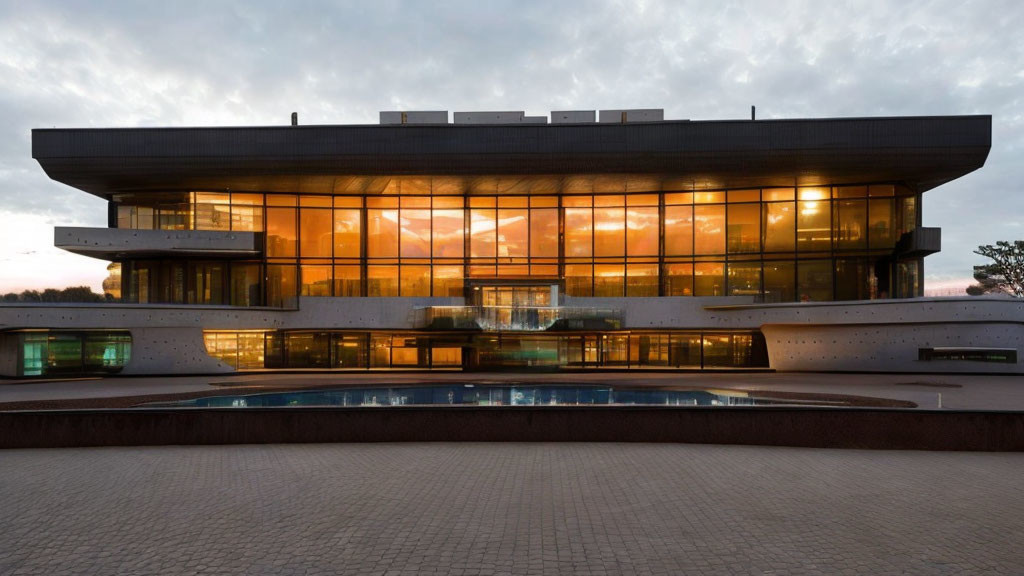
Ukraine, Kotsiubiiv, Theatre of Musical Comedy
Model: Artistic
Size: 1024 X 576 (0.59 MP)
Used settings:
Would you like to report this Dream as inappropriate?
 126w
126w
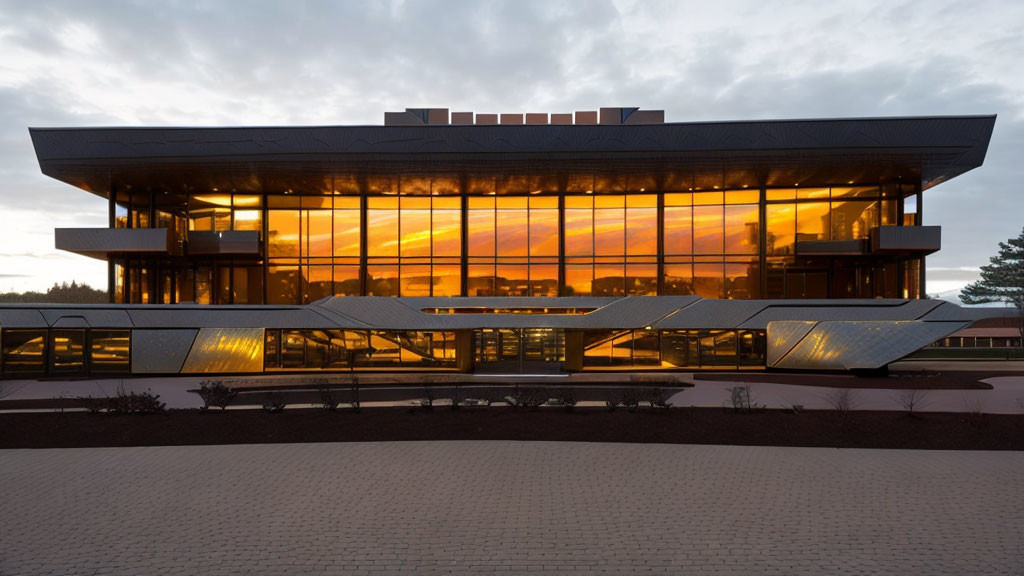
Ukraine, Kotsiubiiv, Theatre of Musical Comedy
Model: Artistic
Size: 1024 X 576 (0.59 MP)
Used settings:
Would you like to report this Dream as inappropriate?

Ukraine, Kotsiubiiv
Model: Artistic
Size: 864 X 640 (0.55 MP)
Used settings:
Would you like to report this Dream as inappropriate?
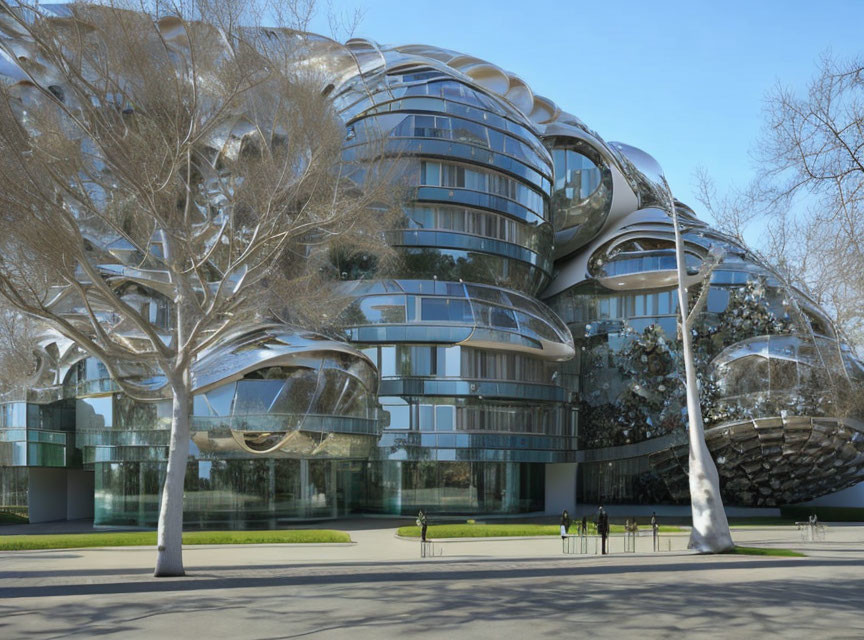
Ukraine, Kotsiubiiv
Model: Artistic
Size: 864 X 640 (0.55 MP)
Used settings:
Would you like to report this Dream as inappropriate?
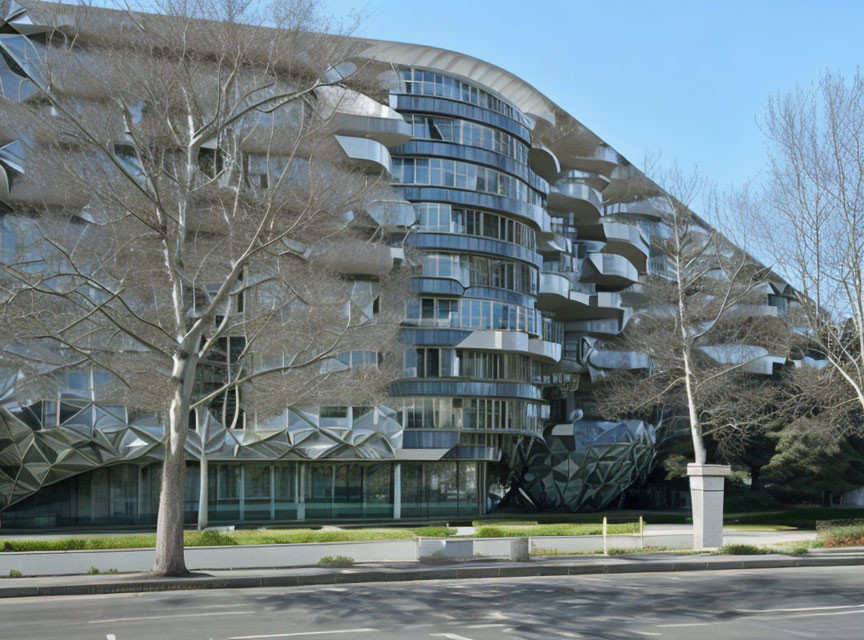
Ukraine, Kotsiubiiv
Model: Artistic
Size: 864 X 640 (0.55 MP)
Used settings:
Would you like to report this Dream as inappropriate?
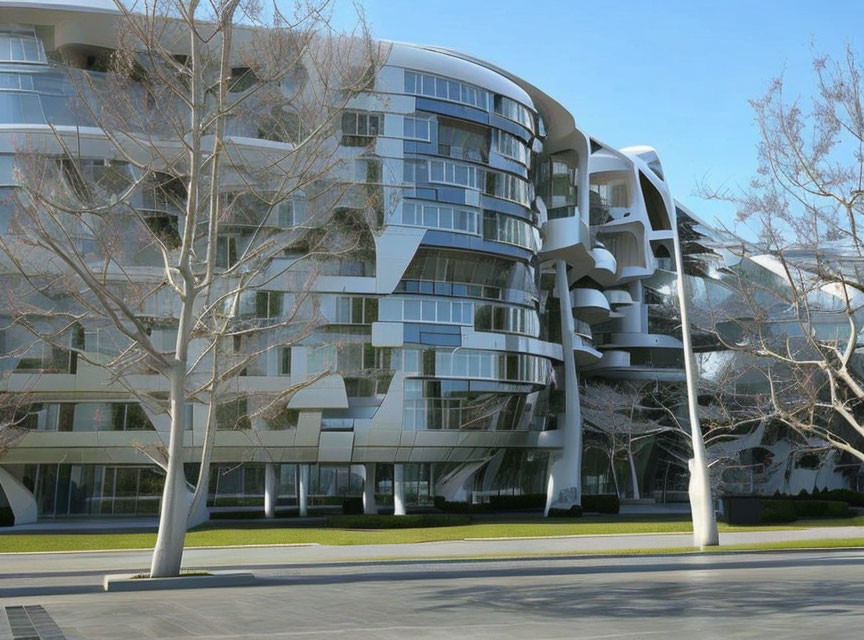
Ukraine, Kotsiubiiv
Model: Artistic
Size: 864 X 640 (0.55 MP)
Used settings:
Would you like to report this Dream as inappropriate?
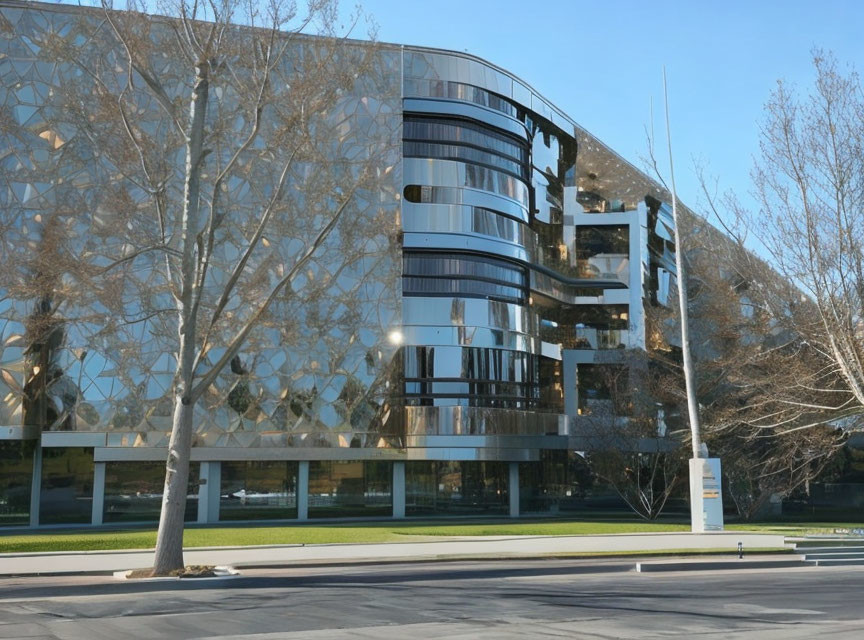
Ukraine, Kotsiubiiv
Model: Artistic
Size: 864 X 640 (0.55 MP)
Used settings:
Would you like to report this Dream as inappropriate?

Ukraine, Kotsiubiiv, Railway station
Model: Artistic
Size: 1024 X 576 (0.59 MP)
Used settings:
Would you like to report this Dream as inappropriate?
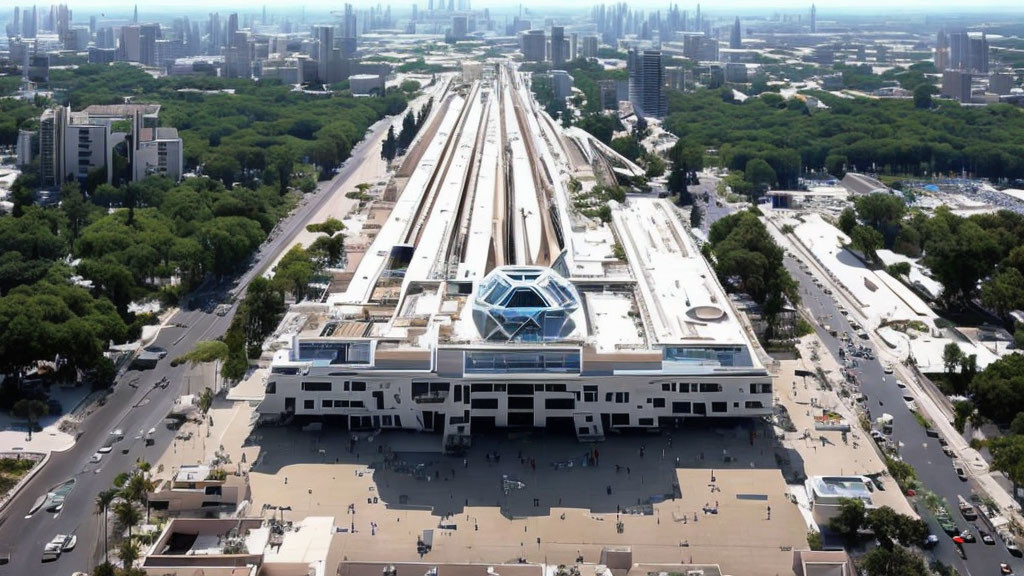
Ukraine, Kotsiubiiv, Railway station
Model: Artistic
Size: 1024 X 576 (0.59 MP)
Used settings:
Would you like to report this Dream as inappropriate?
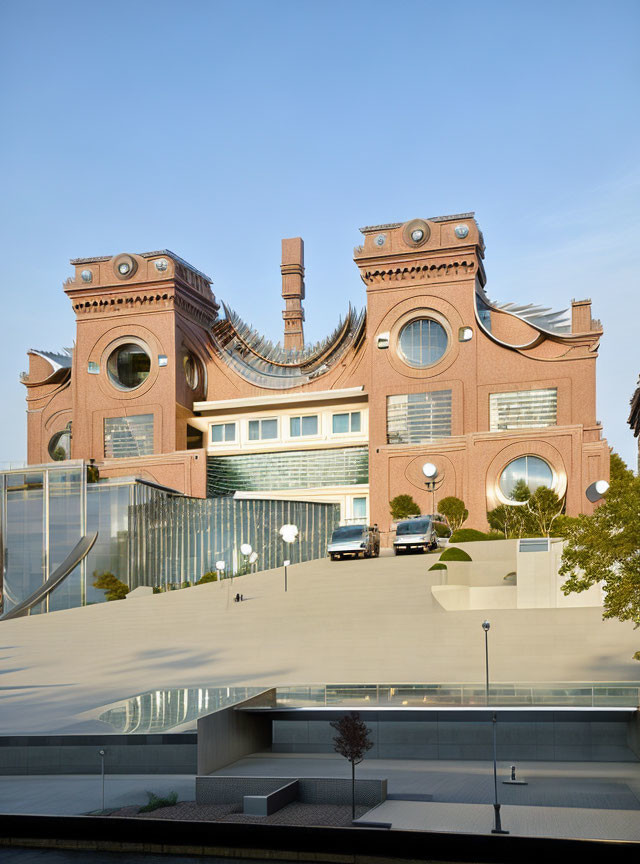
Ukraine, Kotsiubiiv, Factory Krayan
Model: Artistic
Size: 640 X 864 (0.55 MP)
Used settings:
Would you like to report this Dream as inappropriate?
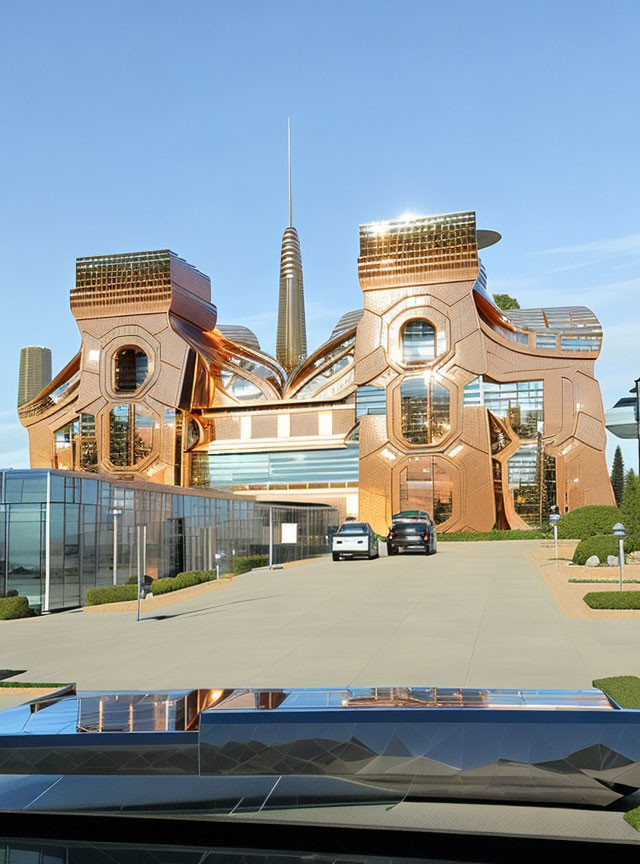
Ukraine, Kotsiubiiv, Factory Krayan
Model: Artistic
Size: 640 X 864 (0.55 MP)
Used settings:
Would you like to report this Dream as inappropriate?
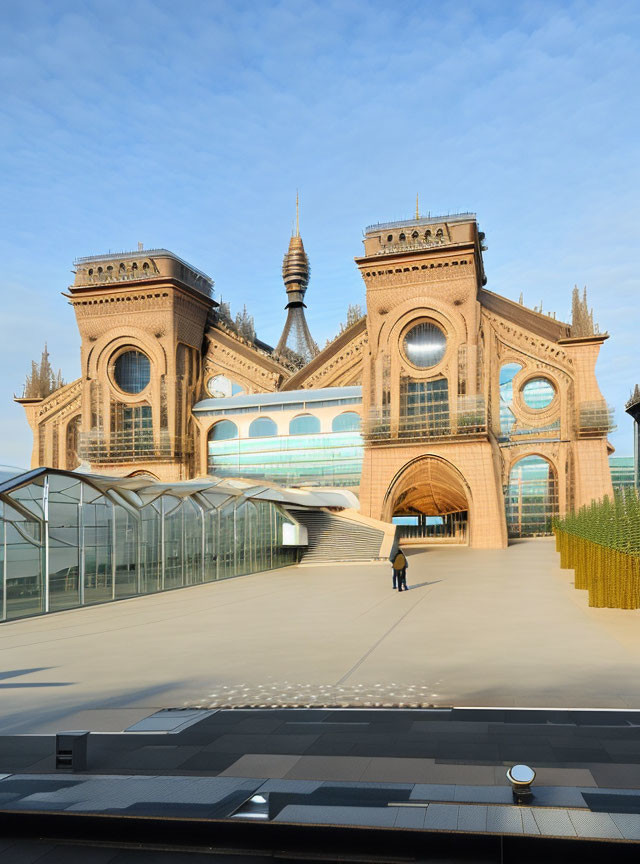
Ukraine, Kotsiubiiv, Factory Krayan
Model: Artistic
Size: 640 X 864 (0.55 MP)
Used settings:
Would you like to report this Dream as inappropriate?
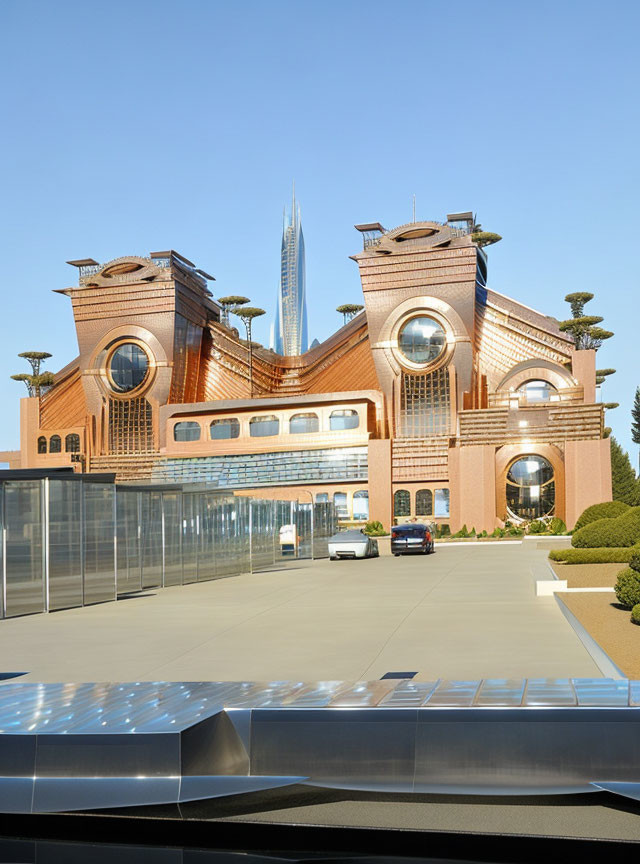
Ukraine, Kotsiubiiv, Factory Krayan
Model: Artistic
Size: 640 X 864 (0.55 MP)
Used settings:
Would you like to report this Dream as inappropriate?
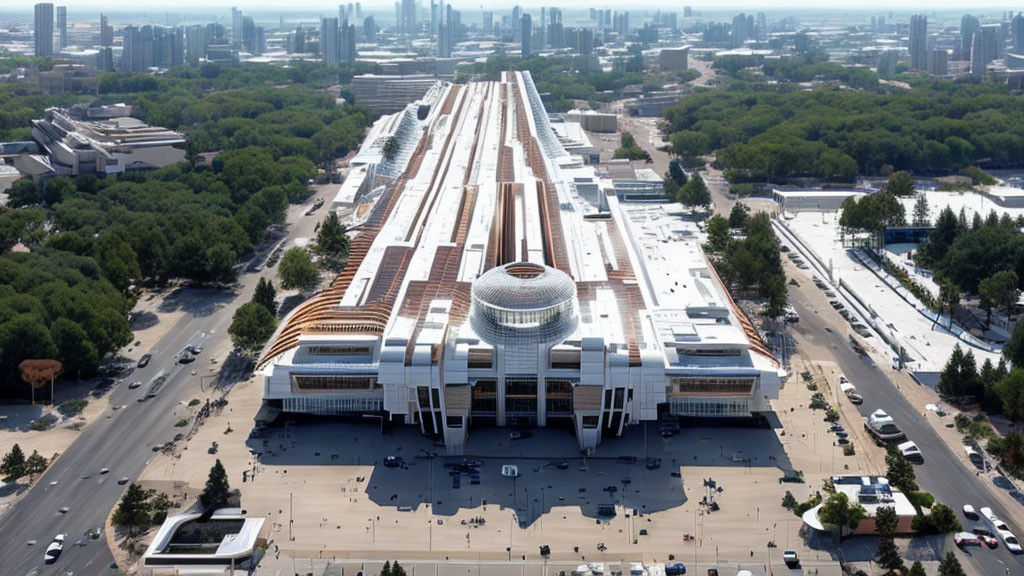
Ukraine, Kotsiubiiv, Railway station
Model: Artistic
Size: 1024 X 576 (0.59 MP)
Used settings:
Would you like to report this Dream as inappropriate?

Ukraine, Kotsiubiiv, Railway station
Model: Artistic
Size: 1024 X 576 (0.59 MP)
Used settings:
Would you like to report this Dream as inappropriate?
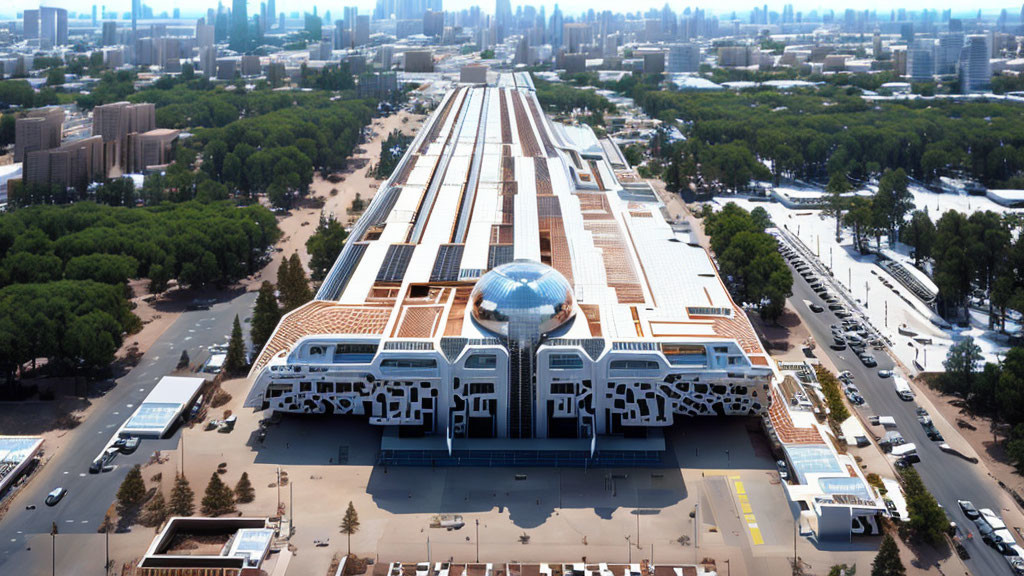
Ukraine, Kotsiubiiv, Railway station
Model: Artistic
Size: 1024 X 576 (0.59 MP)
Used settings:
Would you like to report this Dream as inappropriate?

Ukraine, Kotsiubiiv, Railway station
Model: Artistic
Size: 1024 X 576 (0.59 MP)
Used settings:
Would you like to report this Dream as inappropriate?
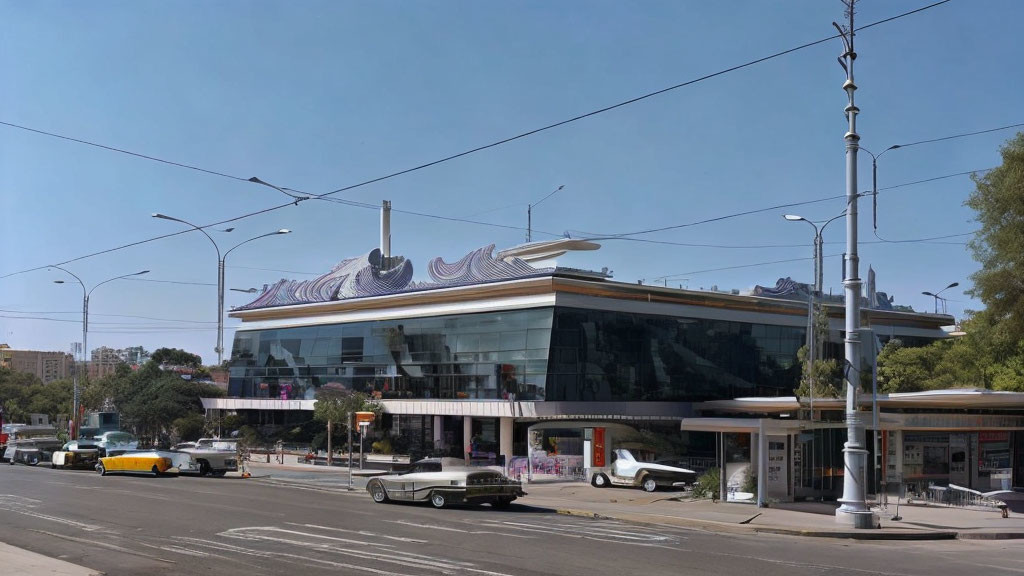
Ukraine, Kotsiubiiv, International bus station
Model: Artistic
Size: 1024 X 576 (0.59 MP)
Used settings:
Would you like to report this Dream as inappropriate?
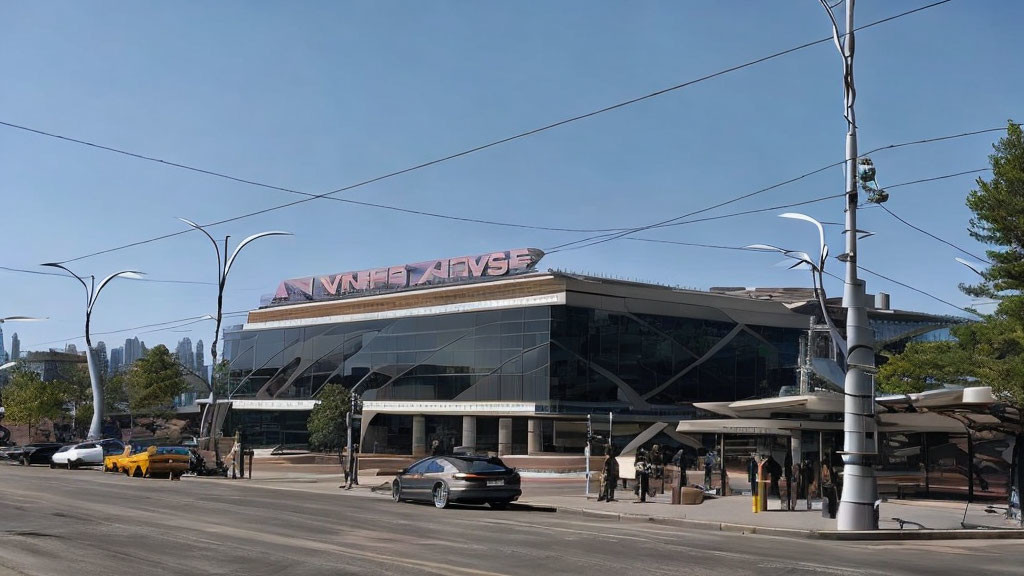
Ukraine, Kotsiubiiv, International bus station
Model: Artistic
Size: 1024 X 576 (0.59 MP)
Used settings:
Would you like to report this Dream as inappropriate?
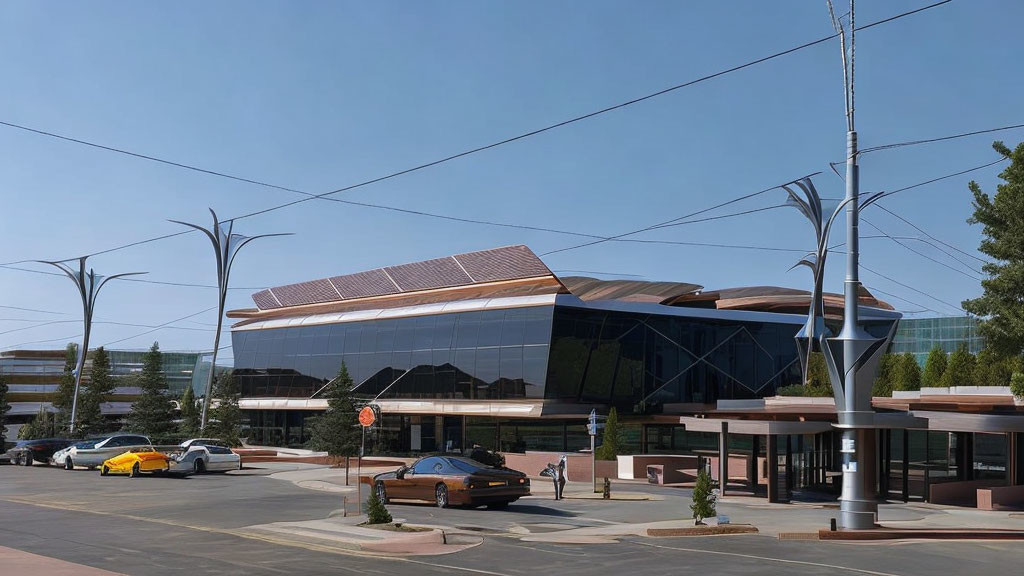
Ukraine, Kotsiubiiv, International bus station
Model: Artistic
Size: 1024 X 576 (0.59 MP)
Used settings:
Would you like to report this Dream as inappropriate?
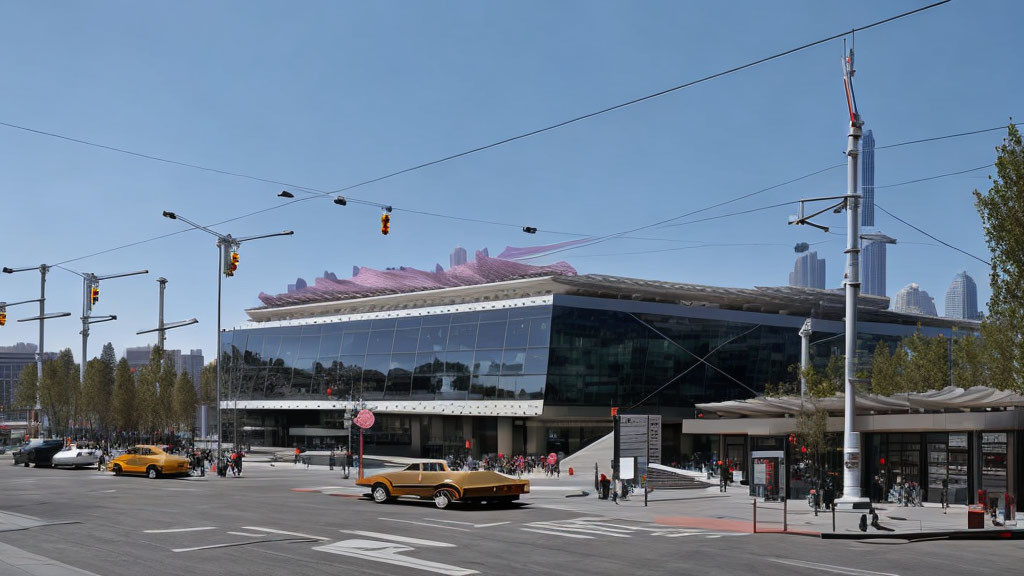
Ukraine, Kotsiubiiv, International bus station
Model: Artistic
Size: 1024 X 576 (0.59 MP)
Used settings:
Would you like to report this Dream as inappropriate?
Dream Level: is increased each time when you "Go Deeper" into the dream. Each new level is harder to achieve and takes more iterations than the one before.
Rare Deep Dream: is any dream which went deeper than level 6.
You cannot go deeper into someone else's dream. You must create your own.
Currently going deeper is available only for Deep Dreams.